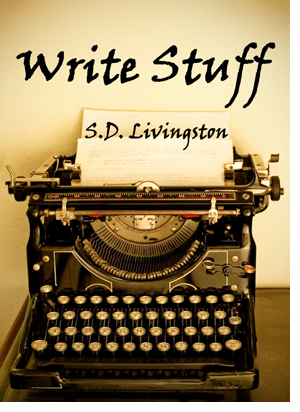 January 27 is National Family Literacy Day. Started in 1999 by ABC Canada and Honda Canada, its goal is to make literacy a priority. This year’s theme is Sing for Literacy. In Hamilton, Ontario, a Snuggle Up and Read pyjama party has been planned. It will see pyjama-clad readers visit libraries, schools, and agencies.
January 27 is National Family Literacy Day. Started in 1999 by ABC Canada and Honda Canada, its goal is to make literacy a priority. This year’s theme is Sing for Literacy. In Hamilton, Ontario, a Snuggle Up and Read pyjama party has been planned. It will see pyjama-clad readers visit libraries, schools, and agencies.
A quick look at the ABC Canada Literacy Foundation calendar of events shows most large communities are planning events that encourage at least 15 minutes of reading per day.
I happened to catch an interview with legendary children’s book author Robert Munsch this morning on Canada AM. Host Seamus O?Regan commented that despite the technology (television, iPods, computers, and more) bombarding kids, they are still reading. Munsch’s explanation, which makes perfect sense to me, is that reading may be the only way kids can get the undivided attention of their parents. Sad but true. I know I sure didn’t read as much to my kids as I should have and I’m a book lover!
Years ago at a prayer service, I remember a son giving his 90-something-year-old father’s eulogy. He confessed his father’s illiteracy and associated shame. My own dad, who would be nearly 100 had he lived, left school after grade six because of farm family responsibilities. Luckily he could read. For that generation, whether you were literate or not was largely luck of the draw and evidence of a family’s wealth. That I understand.
What I don’t understand is why It’s still happening. If we take people with medical or learning difficulties such as dyslexia out of the equation there are still far too many people who can’t read. The cost to society and the individual is immense. The shame is significant.
In Alberta, 42 per cent of adults have trouble reading or writing. An astonishing 82,450 Albertans can’t read or write. The number lacking the skills to read common everyday written materials is 489,000. Twenty-seven percent of high school graduates have literacy skills too low for entry-level jobs. Those are graduates. What about the ones who drop out? The stats I saw don’t break out whether or not we’re talking about English only. Are immigrants reading in their native language?
Equally distressing is the number of people who can read but choose not to. I’ve heard people boast about not having read a book since high school. Wow.
I find myself back on the board of my local public library, and increasing usage is one of our challenges. Some families seem to gravitate to the movie DVDs and give the books a pass. Not enough people hold memberships. Not enough people are taking advantage of the place. With our 60th anniversary this year we hope to change that. We owe it to the 68 residents who petitioned council in 1949.
But there is help. Most Community Adult Learning Councils or similar agencies offer adult literacy programs. We can patronize our local libraries. We can support authors and the publishing industry. We can read to kids and grandkids. We can seek out large print and audio books. Literacy matters, from where I sit.
